Before importing any product to the U.S. territory, businesses need to know which governmental entities regulate their industry and what requirements are applicable. While there are many parties involved in the process of import, Partner Government Agencies (PGAs) are the government bodies that directly impact the flow of goods and services into the United States.
These federal agencies are responsible for issuing permits, documentation, licenses, and other certifications that are necessary for the products to enter the U.S. territory. This blog post will walk through the basics of identifying and understanding PGAs and how to comply with their regulatory requirements to avoid unnecessary penalties and shipment delays. So without further ado, let’s get started!
Table of Contents
What is a partner government agency (PGA)?
A list of PGAs every business should know about
How to comply with PGAs requirements?
Understanding PGAs regulations for a smooth importation
What is a partner government agency (PGA)?

Partner government agencies (PGAs) are governmental organizations that work with the U.S. Customs and Border Protection (CBP) to ensure that all goods entering the U.S. territory comply with the applicable regulations. The goal of PGAs is to ensure public safety regarding food, drugs, medical devices, cosmetics, pesticides, and more—and their work is critical to ensuring that these products meet federal requirements to be imported into the United States.
These federal agencies play an important role in the process of importing goods. They establish and enforce standards for all sorts of products that fall under their jurisdiction. This includes laboratory testing, admissibility requirements, packaging requirements for certain items (e.g., food and liquids), and labeling rules for identifying ingredients or allergens where applicable.
PGAs are part of the Border Interagency Executive Council (BIEC), which is an executive advisory board that coordinates regulatory efforts between various partner government agencies and the CBP. The BIEC seeks to make customs compliance less onerous for importers, allowing them to find and electronically submit documentation for all different agencies in one place.
A list of PGAs every business should know about
A PGA can be part of a U.S. government department, like the Department of Commerce, or it can be an independent agency with its own set of rules and regulations. Here is a list of the key partner government agencies that every importer should know about.
Partner government agencies
Department of Health and Human Services

The U.S. Department of Health and Human Services (HHS) is the federal U.S. department that oversees the safety, security, and well-being of U.S. citizens. The HHS has three major divisions: The Food and Drug Administration (FDA), the Centers for Disease Control and Prevention (CDC), and the Consumer Product Safety Commission (CPSC).
Food and Drug Administration (FDA)
The FDA is responsible for protecting public health by ensuring that food, drugs, medical devices, and cosmetics are safe and effective. They approve or reject new drugs and medical devices, evaluate their effectiveness and side effects, approve labeling claims on food products, and ensure manufacturing practices are safe and sanitary.
Centers for Disease Control and Prevention (CDC)
The CDC is responsible for preventing the spread of disease, protecting people from health hazards, and providing leadership on matters of public health and safety. They accomplish these objectives by overseeing the importation of animals, human remains, and biological vectors such as blood samples, body fluids, and tissues.
Consumer Product Safety Commission (CPSC)
The CPSC is a partner government agency that protects the public from unreasonable risks of injury or death associated with consumer products. The CPSC works to ensure that products are safe for consumers by enforcing safety standards, issuing product recalls, and providing advice and information to consumers.
Department of Agriculture

The U.S. Department of Agriculture (USDA) is responsible for ensuring the health of animals and plants in the United States, as well as monitoring and regulating the importation of animal and plant products, including meat, poultry, and dairy products. The USDA accomplishes this through a system of regulatory oversight that includes three key partner government agencies.
Animal and Plant Health Inspection Service (APHIS)
APHIS works to prevent the introduction of foreign pests and diseases into the United States by regulating the importation of food and agricultural products. They perform this role through inspection services at ports of entry into the United States, by conducting investigations into possible infestations or diseases, and by maintaining an inspection program for certain imported agricultural products.
Food Safety and Inspection Service (FSIS)
FSIS is responsible for ensuring that meat, poultry, and egg products are safe, wholesome, and correctly labeled and packaged. The agency conducts inspections at slaughterhouses, processing plants, and warehouses where food is stored or distributed, as well as at border crossings. The FSIS also works with other governmental agencies to make sure that standards for meat and poultry products are consistent around the world.
Foreign Agriculture Service (FAS)
FAS helps U.S. agricultural exporters succeed in the global marketplace by providing technical assistance, conducting market research and analysis, providing trade counseling to U.S. companies, and working with foreign governments to develop policies that benefit U.S. agriculture and food products.
Department of Transportation

The U.S. Department of Transportation (DOT) is responsible for overseeing the safety of the US transportation system, including air travel, railroads, highways, and public transit systems. The DOT works with many other federal agencies to ensure safe travel across the country. One of its key partners is the National Highway Traffic Safety Administration (NHTSA).
National Highway Traffic Safety Administration (NHTSA)
The NHTSA’s goal is to reduce deaths, injuries, and economic losses due to motor vehicle accidents. They are responsible for establishing performance requirements and safety standards that all vehicles imported into the United States must meet. These include things like seat belts, airbags, and crashworthiness, as well as emissions standards and fuel economy requirements.
Department of the Treasury
The U.S. Department of the Treasury ensures the stability of the U.S. financial system by providing oversight over the banking system, monitoring economic threats to national security, and managing public finances and resources. The main PGA within the Department of the Treasury is the Alcohol and Tobacco Tax and Trade Bureau (TTB).
Alcohol and Tobacco Tax and Trade Bureau (TTB)
The TTB is the partner government agency that regulates all alcoholic beverages, tobacco products, and distilled spirits in the United States. The TTB monitors the country’s wine importation process, investigates instances of fraud or adulteration, and inspects facilities that produce beverage alcohol.
Department of Commerce
The U.S. Department of Commerce (DOC) is responsible for developing policies and programs that help U.S. businesses become more competitive globally. These policies include assisting domestic companies to innovate and export their products to foreign markets, enforcing fair trade laws, and overseeing global trade policy. The DOC oversees several agencies including the National Marine Fisheries Service (NMFS) and the Office of Textiles and Apparel (OTEXA).
National Marine Fisheries Service (NMFS)
The NMFS is part of the National Oceanic and Atmospheric Administration (NOAA), with the mission of protecting and conserving marine resources. The NMFS is responsible for implementing regulations designed to prevent diseases and parasites from entering the country through imported seafood products. The agency also regulates fishing activities in U.S. territorial waters.
Office of Textiles and Apparel (OTEXA)
OTEXA is tasked with promoting the U.S. textile and apparel industries and increasing their competitiveness on a global scale. They assist with various issues, from trade development and capacity building to market access and policy advocacy. They also help wholesalers understand how they can import textiles, fiber, footwear, and travel goods.
Other relevant agencies
Several other agencies are involved in regulating imports. They work independently and do not belong to any specific U.S. department, but still play an important role in federal policymaking and implementation.
Federal Communications Commission (FCC)
The FCC regulates the import and sale of any device that emits radio frequencies, including microwaves, cell phones, computers, and TV sets. The FCC ensures that these devices meet specific standards to protect consumers from harmful radiation and prevent interference with other electronic devices.
Environmental Protection Agency (EPA)
The EPA is responsible for managing environmental programs, including air quality monitoring, water quality testing, chemical safety assessments, and more. The agency oversees all imports and exports of hazardous wastes in the United States. They also regulate chemical materials like pesticides and ozone-depleting substances.
How to comply with PGAs requirements?

No matter whether the business is a wholesaler, importer, or exporter, understanding which PGA requirements apply to their products can help them save time, money, and needless headaches. Many companies do not realize the consequences of failing to comply with PGA requirements until it is too late!
For example, if a food company is importing liquid egg whites to produce freeze-dried eggs and frozen eggs, they may need to comply with the regulations of three partner government agencies: the Food and Drug Administration, the Animal and Plant Health Inspection Service, and the Food Safety and Inspection Service.
Since CBP is the enforcement agency for applicable entry regulations established by various PGAs, failure to comply with PGA requirements will lead to delays in customs clearance, detentions at ports of entry, or confiscation of the imported goods. Businesses may also receive penalties or fines if authorities determine that the documentation is inaccurate or incomplete.
When unsure about which PGA the business falls under or how to comply with its requirements, it’s best to consult a professional service provider such as a customs broker, who knows what entry requirements need to be satisfied, including those set forth by PGAs, to ensure that all paperwork is completed correctly and promptly. The U.S. Customs and Border Protection (CBP) has made things easier for companies by compiling several guides on complying with PGAs regulations. Businesses can also go to the official websites of each agency to learn more about their specific requirements.
Understanding PGA regulations for a smooth importation
Partner government agencies are regulatory bodies that have a direct impact on the importation of goods into the United States. Understanding their regulations will help businesses get through customs clearance and avoid fines or delays in delivery. Be sure to check out Chovm’s blog center to stay on top of the latest trends in logistics and trade.
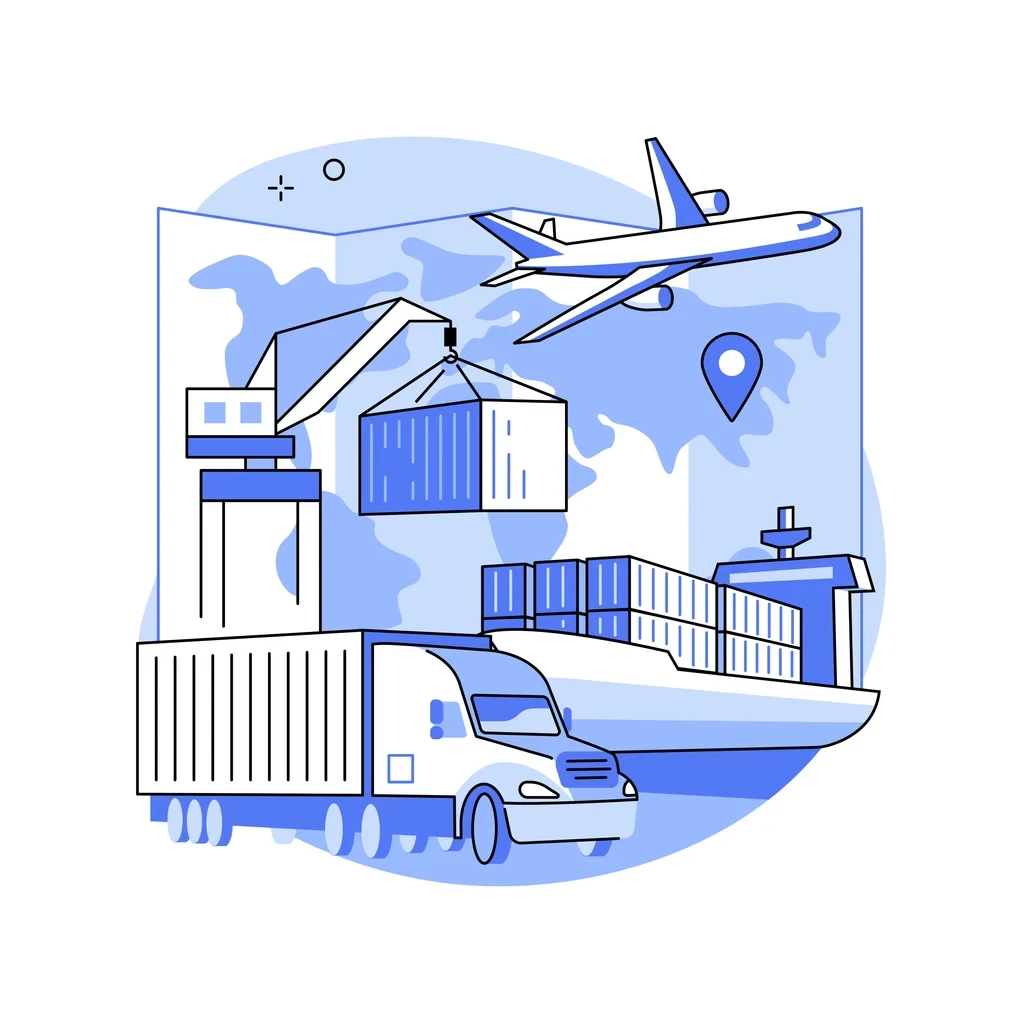
Looking for a logistics solution with competitive pricing, full visibility, and readily accessible customer support? Check out the Chovm.com Logistics Marketplace today.

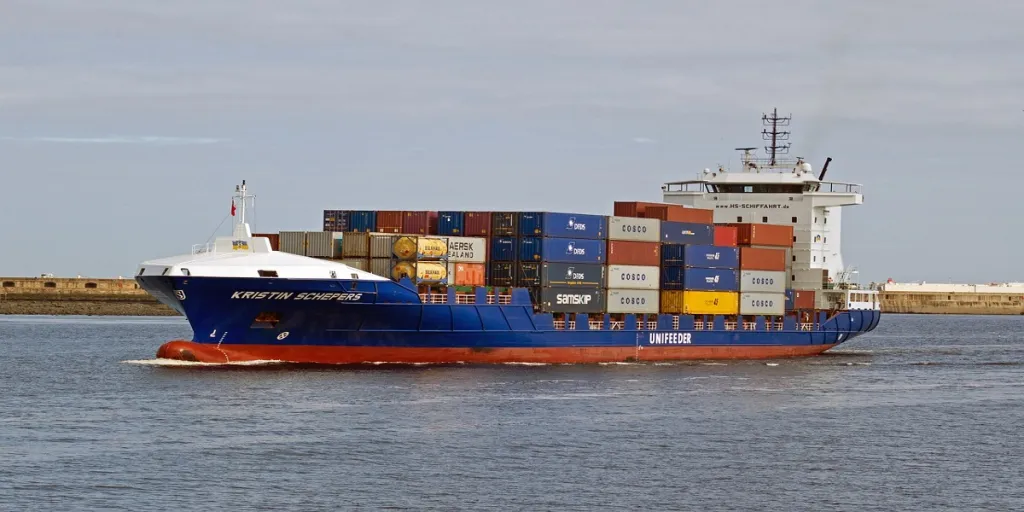
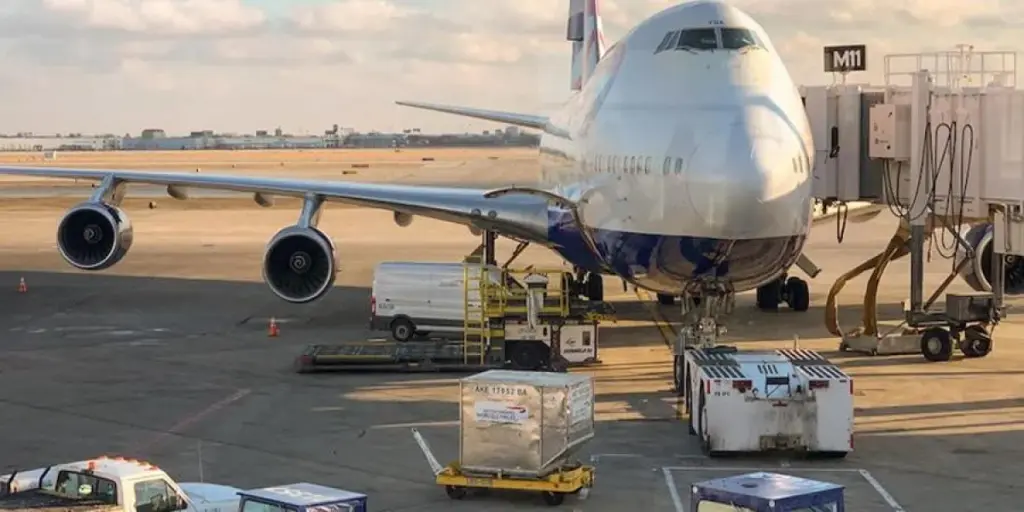
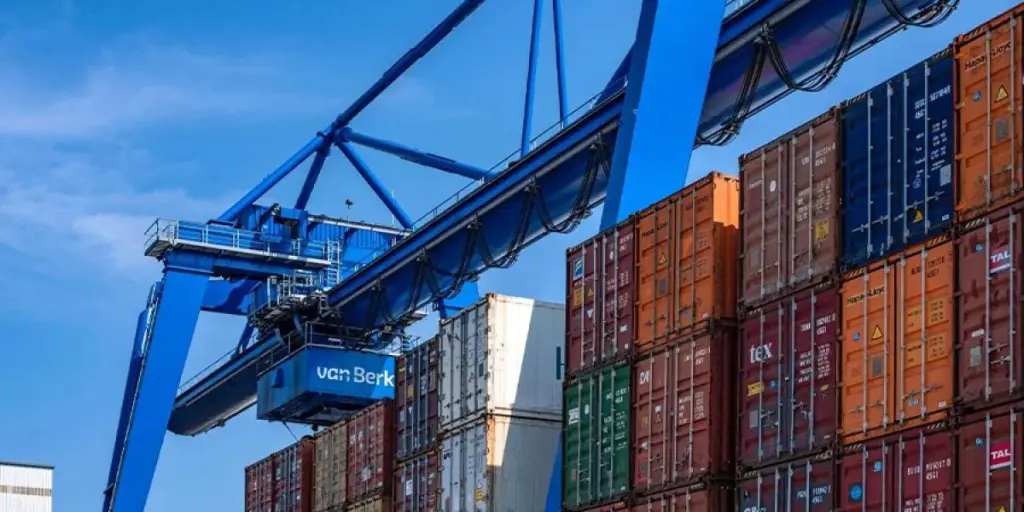
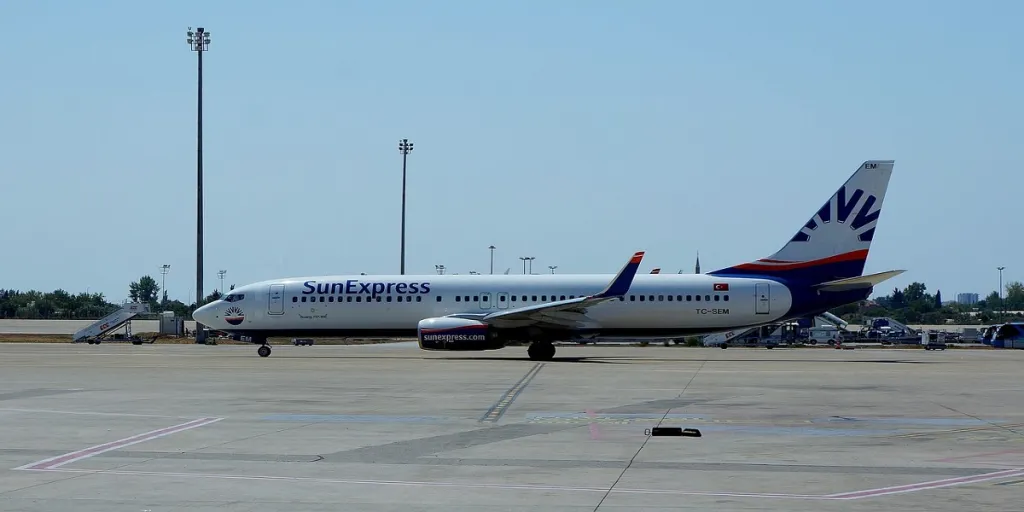
 বাংলা
বাংলা Nederlands
Nederlands English
English Français
Français Deutsch
Deutsch हिन्दी
हिन्दी Bahasa Indonesia
Bahasa Indonesia Italiano
Italiano 日本語
日本語 한국어
한국어 Bahasa Melayu
Bahasa Melayu മലയാളം
മലയാളം پښتو
پښتو فارسی
فارسی Polski
Polski Português
Português Русский
Русский Español
Español Kiswahili
Kiswahili ไทย
ไทย Türkçe
Türkçe اردو
اردو Tiếng Việt
Tiếng Việt isiXhosa
isiXhosa Zulu
Zulu